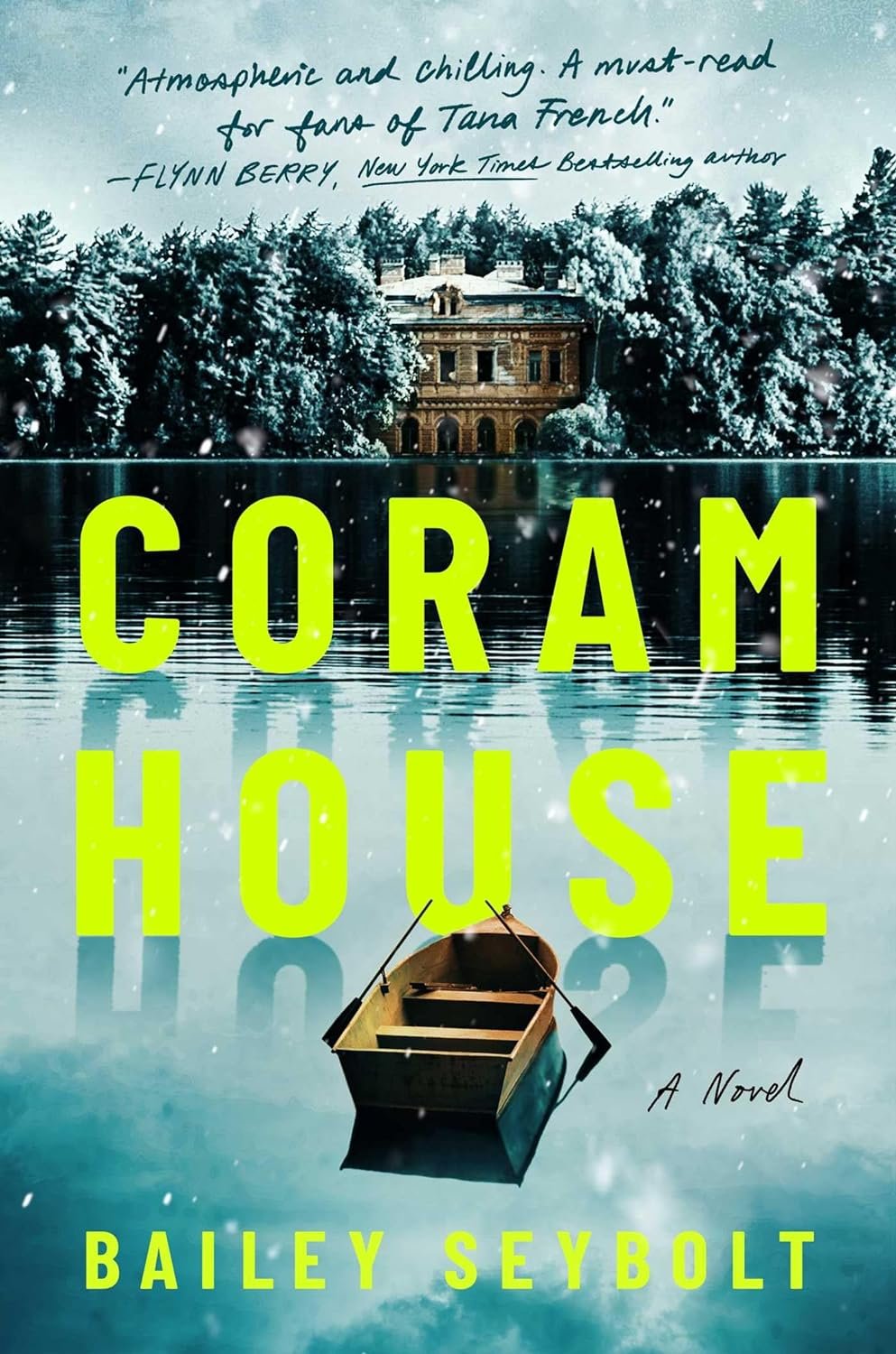Embracing Shadows: A Journey Through Coram House
I’ve always been drawn to stories that echo a gritty realism, especially when they reveal uncomfortable truths hidden in the folds of history. So, when I stumbled upon Coram House by Jennifer McMahon, a novel rooted in actual events about a haunted past entwined with personal loss, I felt an undeniable pull. Thanks to NetGalley for the ARC, I couldn’t wait to dive into this compelling narrative that promised both intrigue and emotional depth.
The protagonist, Alex Kelley, embodies a poignant struggle following her husband’s death. Tasked with ghostwriting a book on the abuses at a now-defunct orphanage, she seeks solace and purpose in Burlington, Vermont. However, instead of merely documenting the past, she finds herself embroiled in the unsettling mystery of a missing boy, confronting harrowing secrets that refuse to stay buried.
At first, I found it challenging to connect with Alex. Her grief, while palpable, often overshadowed other aspects of her character. I appreciated her layers of sorrow – the memories of her husband, her past mistakes, and a somewhat self-destructive behavior that included an unsettling relationship with alcohol. It felt almost voyeuristic, observing this woman disguised as a ghostwriter yet stumbling clumsily into an investigation that mirrored her chaotic inner world. It struck me that her penchant for drinking raised questions about her state of mind. I couldn’t help but wonder—was her frequent glass of wine a mechanism for coping or something deeper?
The novel paints a somber picture of the orphanage’s dark history, a theme that resonates deeply given the countless true stories echoing similar tragedies. McMahon’s writing is refreshingly lyrical; she captures the beauty and brutality of her settings with an almost poetic nuance. Yet, there were moments when the pacing faltered, and the narrative seemed to drift, leaving me wishing for greater urgency. It felt like the story could have benefitted from a bit of tightening, as if 50 less pages might have added to the overall suspense.
The characters surrounding Alex, particularly the law enforcement personnel who dismiss her inquiries, felt like caricatures at times, almost reminiscent of a middle-aged Nancy Drew struggling for relevance. I longed for them to break free from their tropes, to infuse the narrative with a sense of realism that matched the emotional weight of Alex’s journey.
As I navigated the story, a few notable lines struck me. Alex’s reflections on grief and loss occasionally resonated with my own experiences, imparting a sense of shared sadness. “The past doesn’t just reside in memories; it seeps into the fabric of who we are.” This encapsulates much of the book’s essence, underscoring how our histories shape our identities and choices.
In conclusion, Coram House is a haunting narrative woven with the threads of personal trauma and societal failures. It’s a read that may resonate with those intrigued by the complexities of grief and the haunting echoes of the past. While it felt slower at times, the emotional depth and rich themes make it worthwhile for anyone seeking a reflective dive into personal and collective histories. If you enjoy stories that intertwine authentic characters with a touch of mystery, this book may just crawl under your skin, as it did with me, reminding us of the shadows that linger long after the light has faded.
[ad_2]
Discover more about Coram House on GoodReads >>







